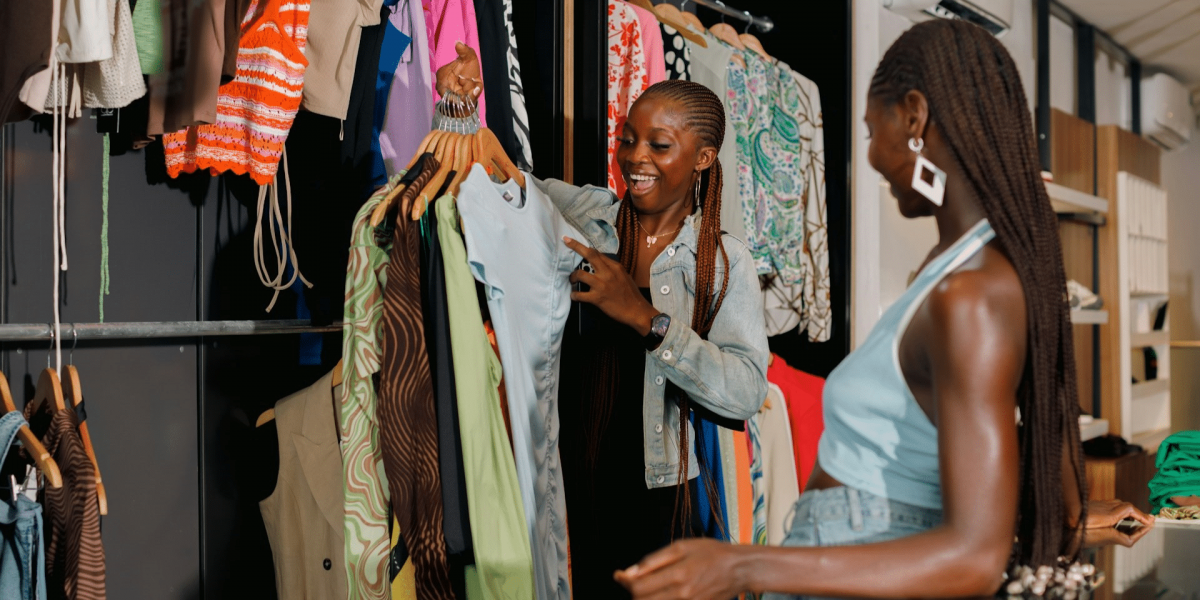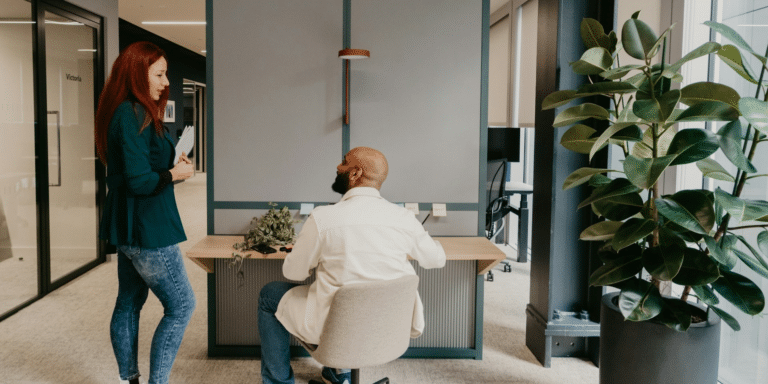Portland is known for its vibrant culture and commitment to sustainability, making it an ideal location for a secondhand store. Setting up a secondhand store in Portland requires careful planning and understanding of the local market. This article provides essential insights and practical tips for entrepreneurs looking to establish a successful secondhand business in this unique city.
Understanding the Market
Portland has a thriving thrift culture, with many residents embracing secondhand shopping as a way to support sustainability and find unique items. According to a report by ThredUp, the secondhand market is growing rapidly, and Portland is at the forefront of this trend. Understanding this culture is crucial for tailoring your store to meet local preferences.
Identifying your target audience is a key step in setting up a secondhand store. In Portland, your customers may include environmentally conscious shoppers, budget-savvy individuals, vintage enthusiasts, and people looking for unique fashion and home decor items. Conducting market research can help you understand their needs and preferences.
Finding the Perfect Location
Choosing the right location is vital for the success of your secondhand store. Popular neighborhoods in Portland for thrift stores include the Alberta Arts District, Hawthorne, and Mississippi Avenue. These areas have high foot traffic and a community that values sustainable shopping.
Before leasing a space, familiarize yourself with Portland’s zoning regulations and leasing terms. Ensure that the location you choose complies with local business laws and that the lease agreement is favorable. Consulting with a local real estate agent or attorney can help you navigate this process.
Sourcing Inventory
Sourcing quality inventory is essential for a secondhand store. In Portland, consider partnering with local suppliers and encouraging donations from the community. Many secondhand stores also collaborate with local charities and organizations to receive donated items.
Estate sales and auctions can be excellent sources of unique and high-quality items for your store. Regularly attending these events can help you find valuable inventory that appeals to your target audience. Keeping an eye on local listings and online auction sites can also be beneficial.
Setting Up the Store
The layout and design of your secondhand store play a significant role in attracting customers and enhancing their shopping experience. Organize your store in a way that is easy to navigate and visually appealing. Use creative displays and signage to highlight featured items and promotions.
Pricing is crucial in the secondhand market. Competitive pricing strategies can help attract and retain customers. Consider offering regular discounts, loyalty programs, and special promotions to encourage repeat business. Researching the prices of similar items in other local thrift stores can also help you set fair prices.
Marketing Your Secondhand Store
Social media is a powerful tool for marketing your secondhand store. Platforms like Instagram, Facebook, and Pinterest are ideal for showcasing new arrivals, special promotions, and unique finds. Engaging with your audience through regular posts, stories, and live videos can help build a loyal customer base.
Collaborating with local influencers can boost your store’s visibility and credibility. Influencers can help promote your store to a broader audience through their social media channels. Look for influencers who align with your brand values and have a significant following in Portland.
Hosting events and workshops can draw attention to your store and create a sense of community. Consider organizing fashion shows, DIY workshops, or sustainability seminars to engage with your customers and attract new ones. These events can also provide opportunities for customers to learn more about your store and its mission.
Legal and Financial Considerations
Ensure that your secondhand store complies with all local business licensing and permit requirements. In Portland, you will need to register your business, obtain a resale permit, and comply with health and safety regulations. The Portland Business Alliance can provide resources and guidance on the necessary steps.
Proper financial planning and budgeting are essential for the success of your secondhand store. Create a detailed business plan that includes startup costs, operating expenses, and projected revenue. Consider seeking advice from a financial advisor or business mentor to ensure that your financial strategy is sound.
Embracing Sustainability
Embracing eco-friendly practices can enhance your store’s appeal and align with Portland’s values. Use sustainable materials for store fixtures, offer reusable shopping bags, and implement recycling programs. Highlighting your commitment to sustainability can attract environmentally conscious customers.
Getting involved in the local community can strengthen your store’s reputation and customer loyalty. Participate in local events, support community initiatives, and collaborate with other local businesses. Building strong community ties can help your store thrive and make a positive impact.
Setting up a secondhand store in Portland offers a unique opportunity to tap into a growing market while supporting sustainability. By understanding the local thrift culture, choosing the right location, sourcing quality inventory, and implementing effective marketing strategies, you can establish a successful and thriving secondhand business. Embrace the values of the Portland community, and your store will not only prosper but also contribute to the city’s vibrant and sustainable lifestyle.








